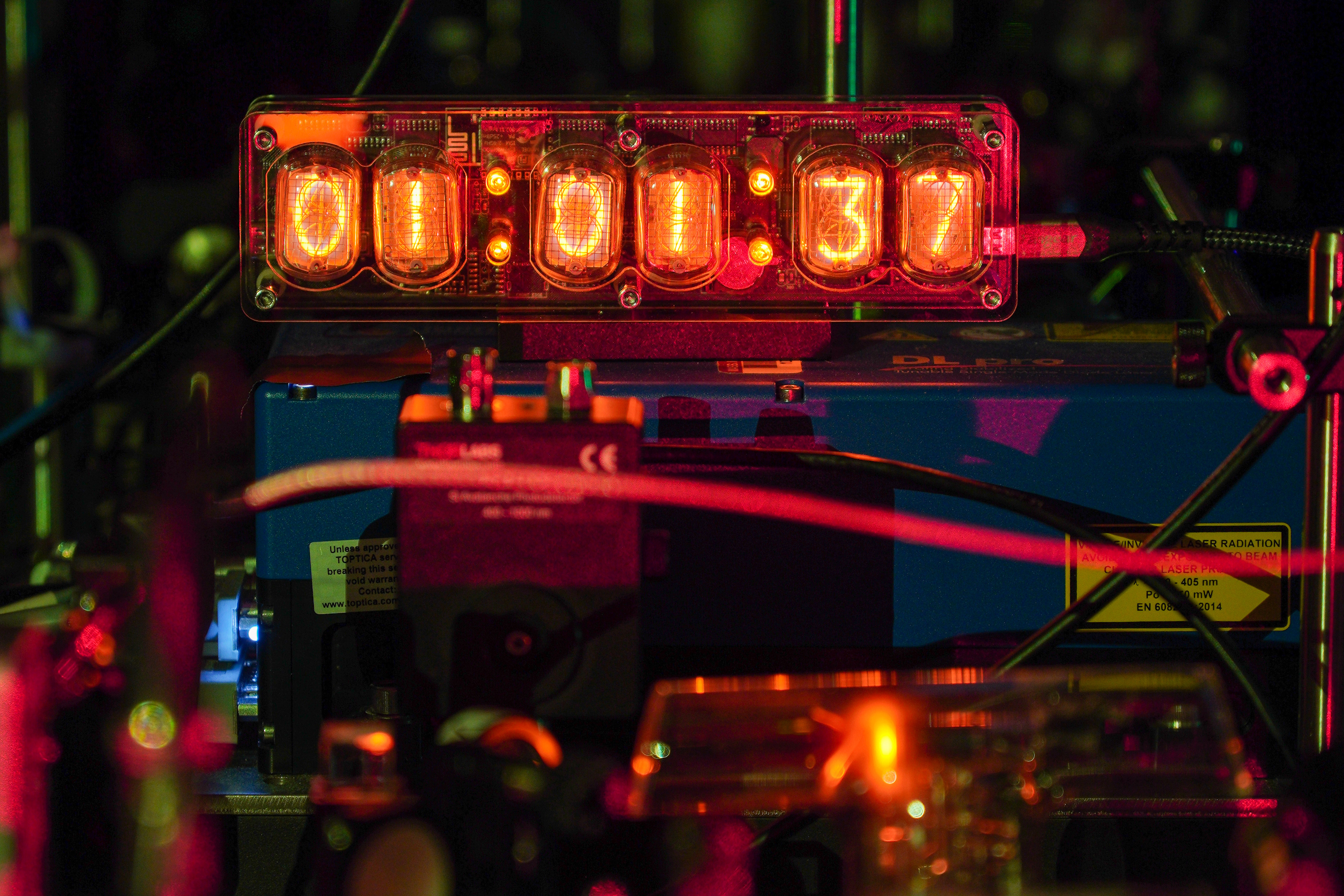 MIT physicists improve the precision of atomic clocksA new method turns down quantum noise that obscures the “ticking” of atoms, and could enable stable, transportable atomic clocks.
MIT physicists improve the precision of atomic clocksA new method turns down quantum noise that obscures the “ticking” of atoms, and could enable stable, transportable atomic clocks.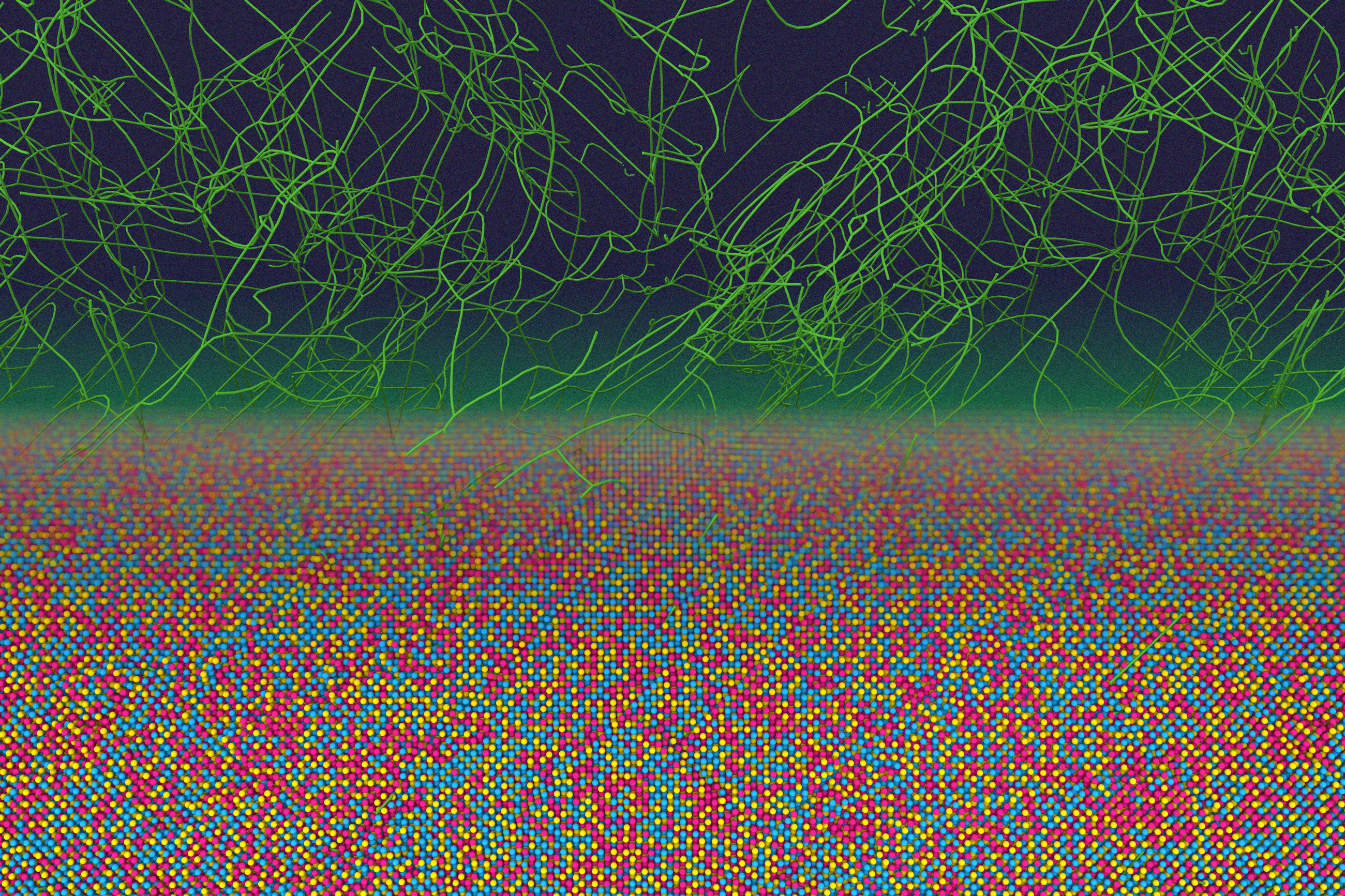 Uncovering new physics in metals manufacturingMIT researchers discovered a hidden atomic order that persists in metals even after extreme processing.
Uncovering new physics in metals manufacturingMIT researchers discovered a hidden atomic order that persists in metals even after extreme processing.
- MIT physicists improve the precision of atomic clocksA new method turns down quantum noise that obscures the “ticking” of atoms, and could enable stable, transportable atomic clocks.

- Uncovering new physics in metals manufacturingMIT researchers discovered a hidden atomic order that persists in metals even after extreme processing.

- Engineered “natural killer” cells could help fight cancerA new study identifies genetic modifications that make these immune cells, known as CAR-NK cells, more effective at destroying cancer cells.
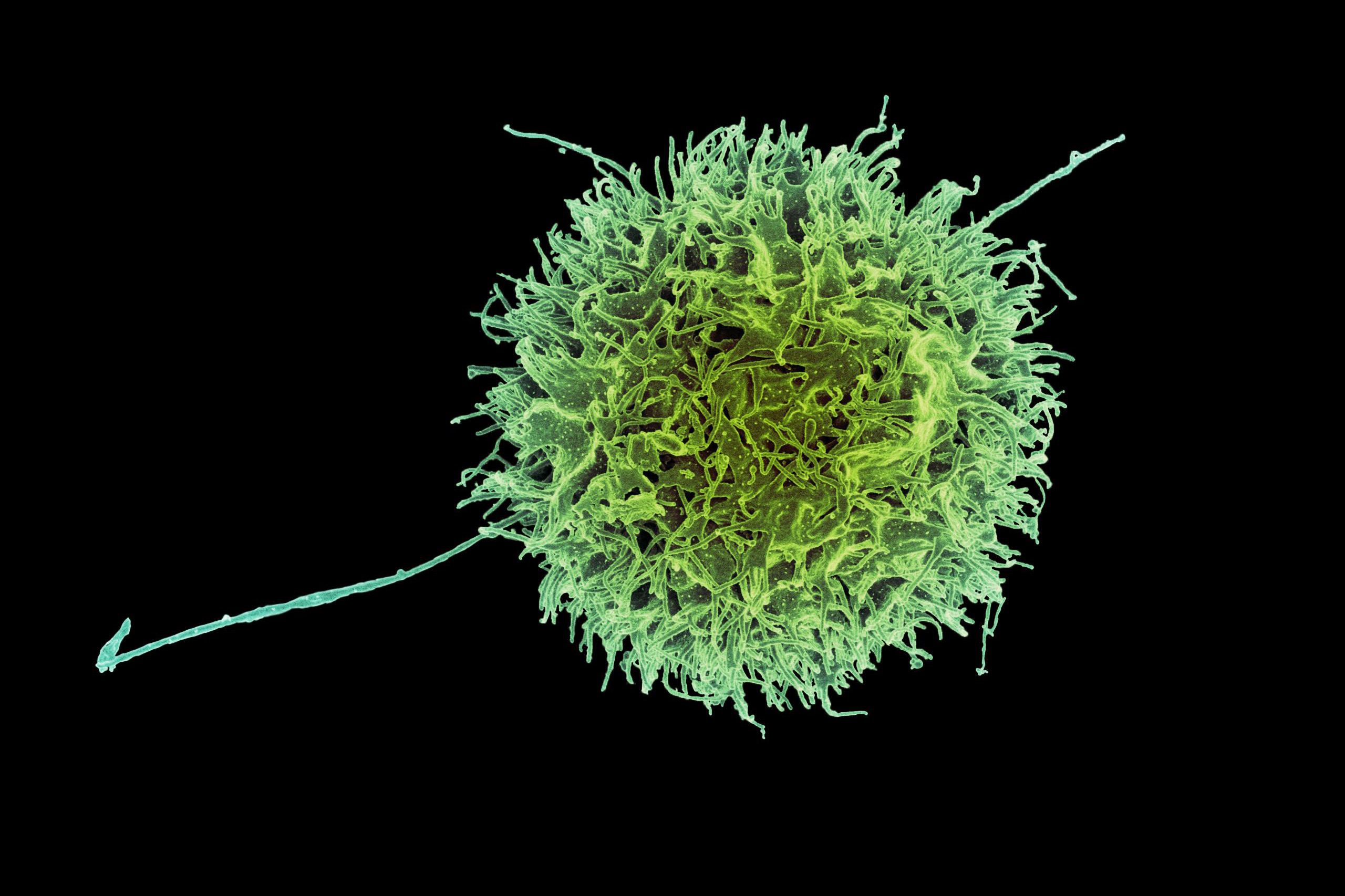
- Laurent Demanet appointed co-director of MIT Center for Computational Science and EngineeringApplied mathematics professor will join fellow co-director Nicolas Hadjiconstantinou in leading the cross-cutting center.
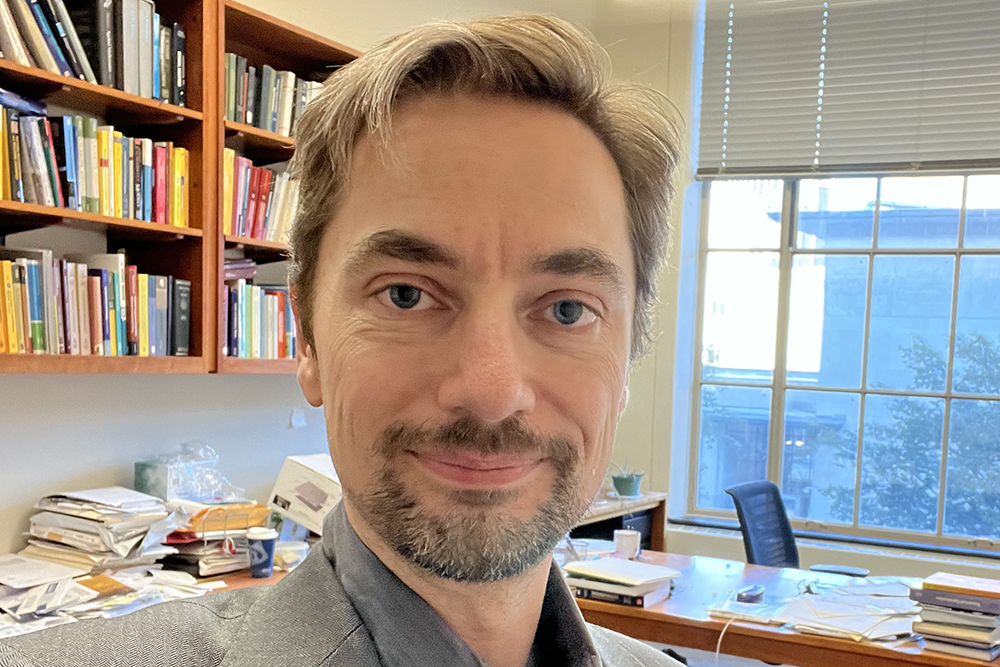
- Fighting for the health of the planet with AIAssistant Professor Priya Donti’s research applies machine learning to optimize renewable energy.
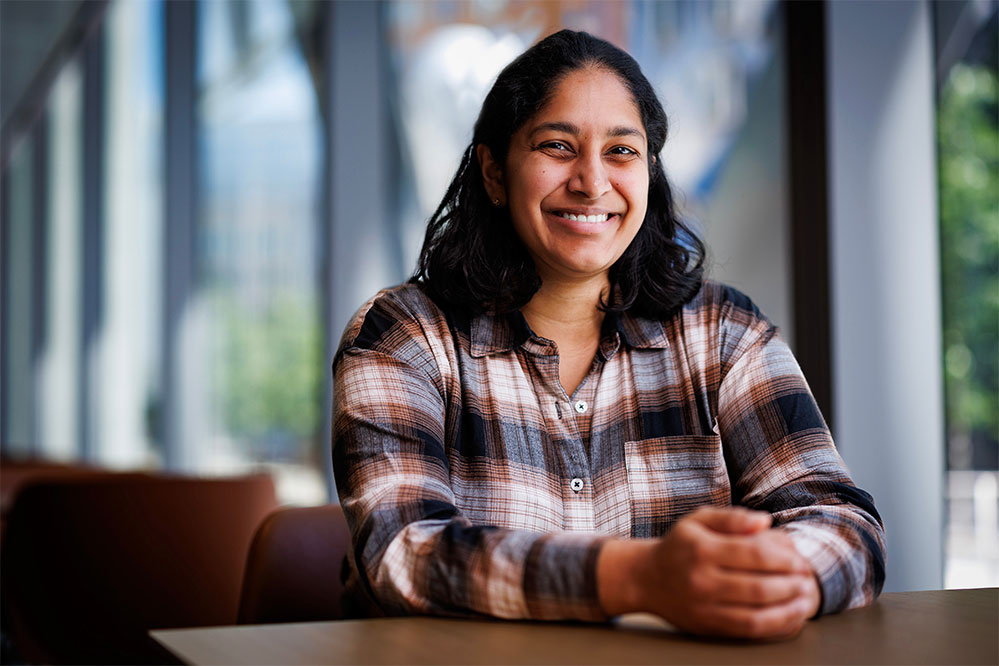
- New prediction model could improve the reliability of fusion power plantsThe approach combines physics and machine learning to avoid damaging disruptions when powering down tokamak fusion machines.
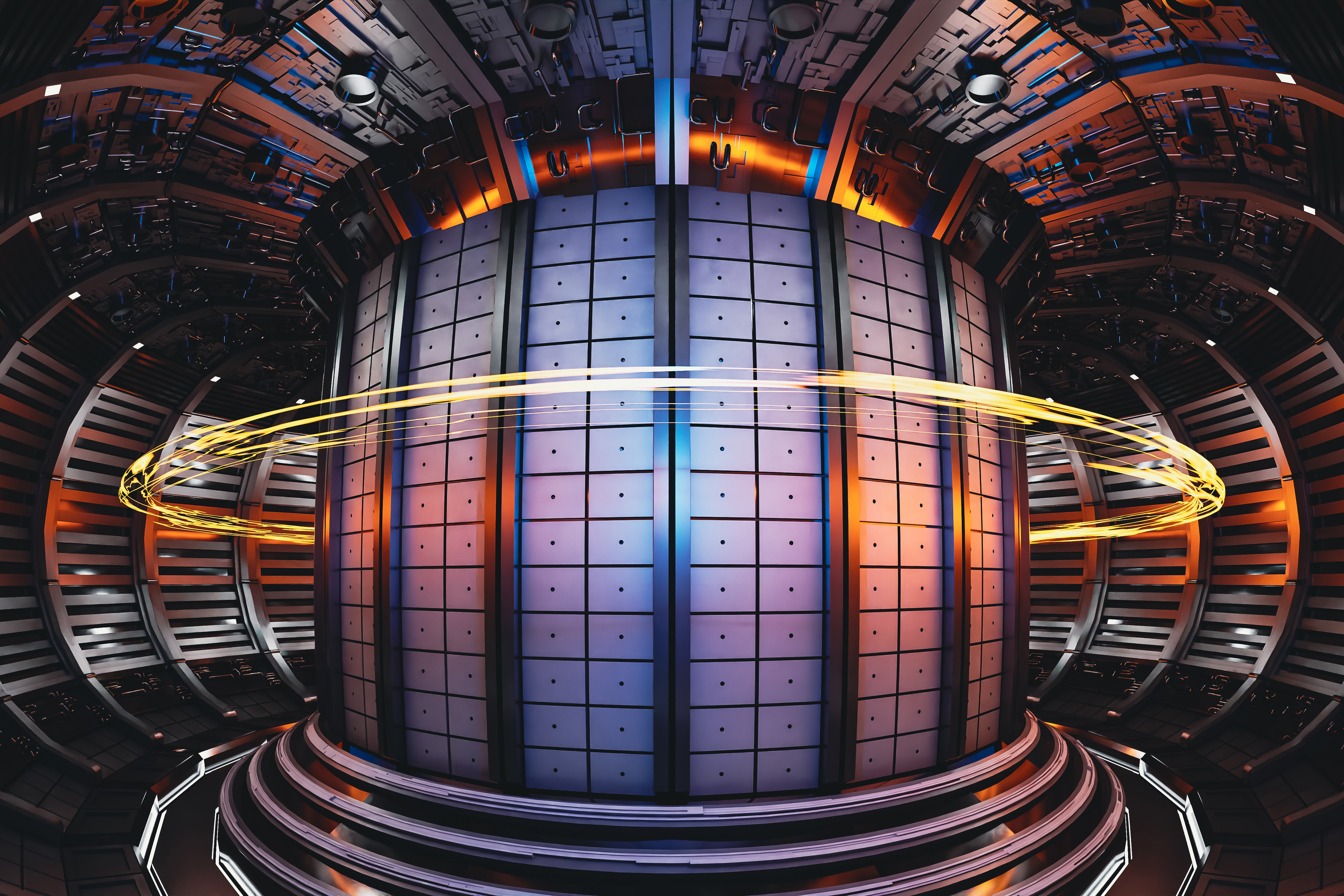
- Printable aluminum alloy sets strength records, may enable lighter aircraft partsIncorporating machine learning, MIT engineers developed a way to 3D print alloys that are much stronger than conventionally manufactured versions.
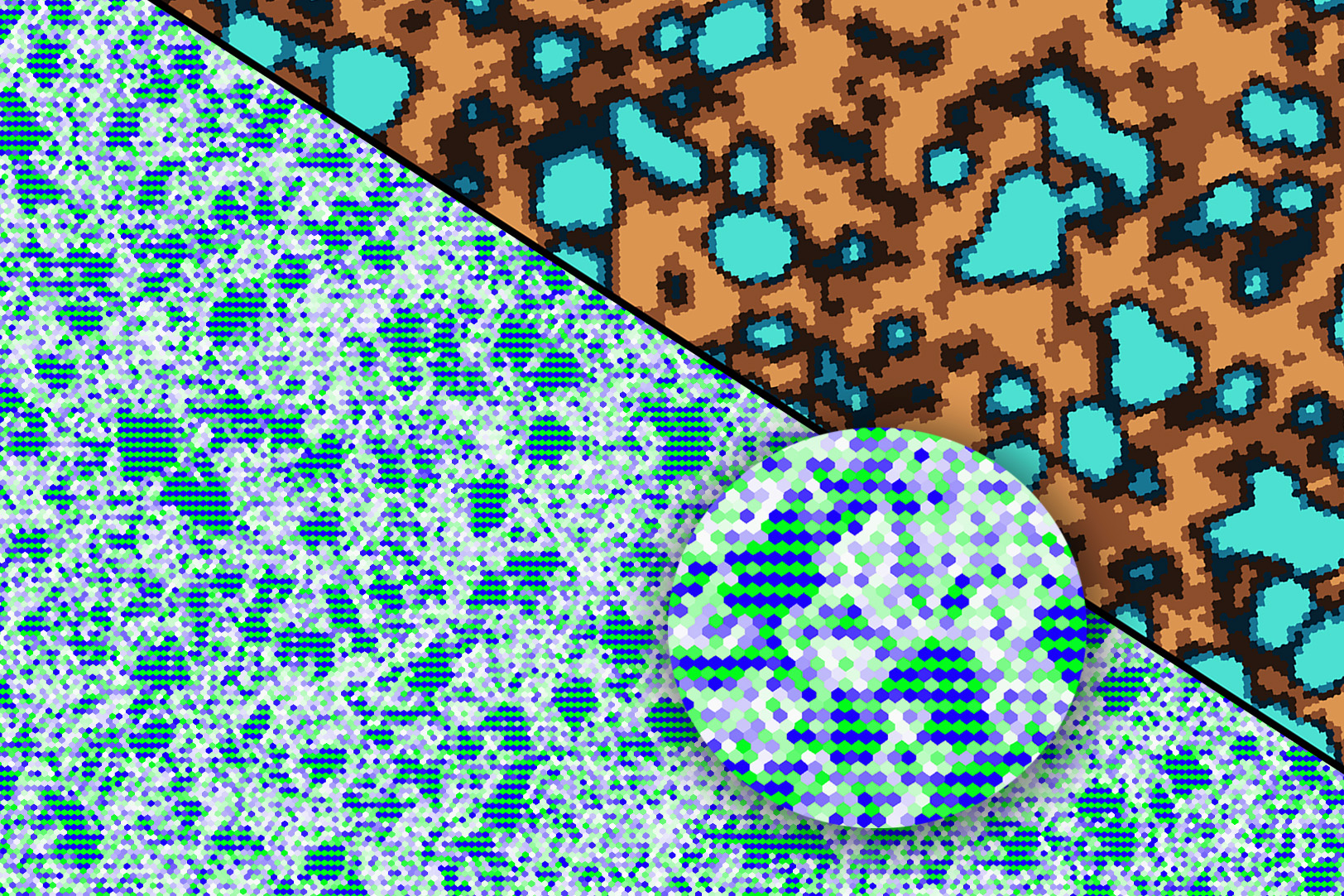
- Study sheds light on musicians’ enhanced attentionBrain imaging suggests people with musical training may be better than others at filtering out distracting sounds.
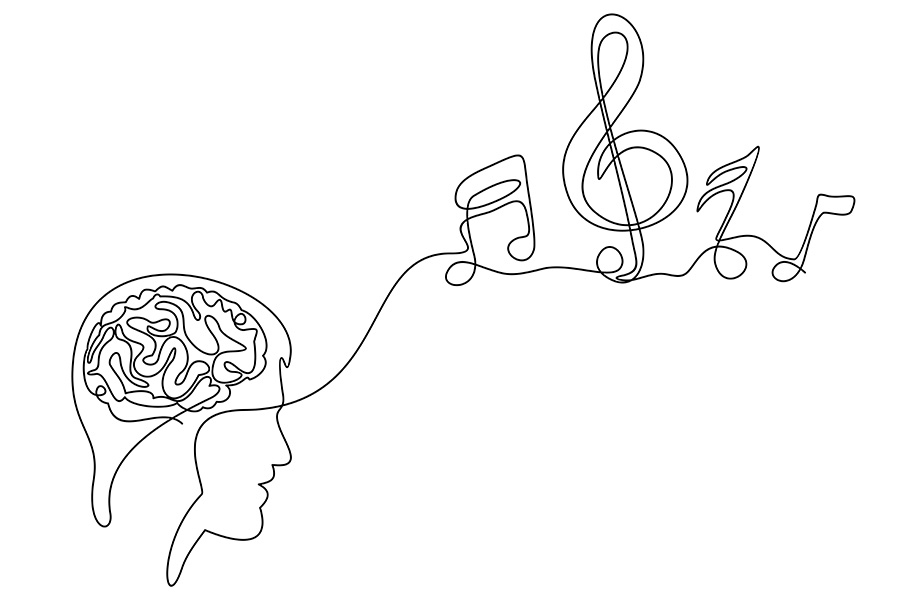
- Matthew Shoulders named head of the Department of ChemistryA leading researcher in protein folding biochemistry and next-generation protein engineering techniques will advance chemistry research and education.
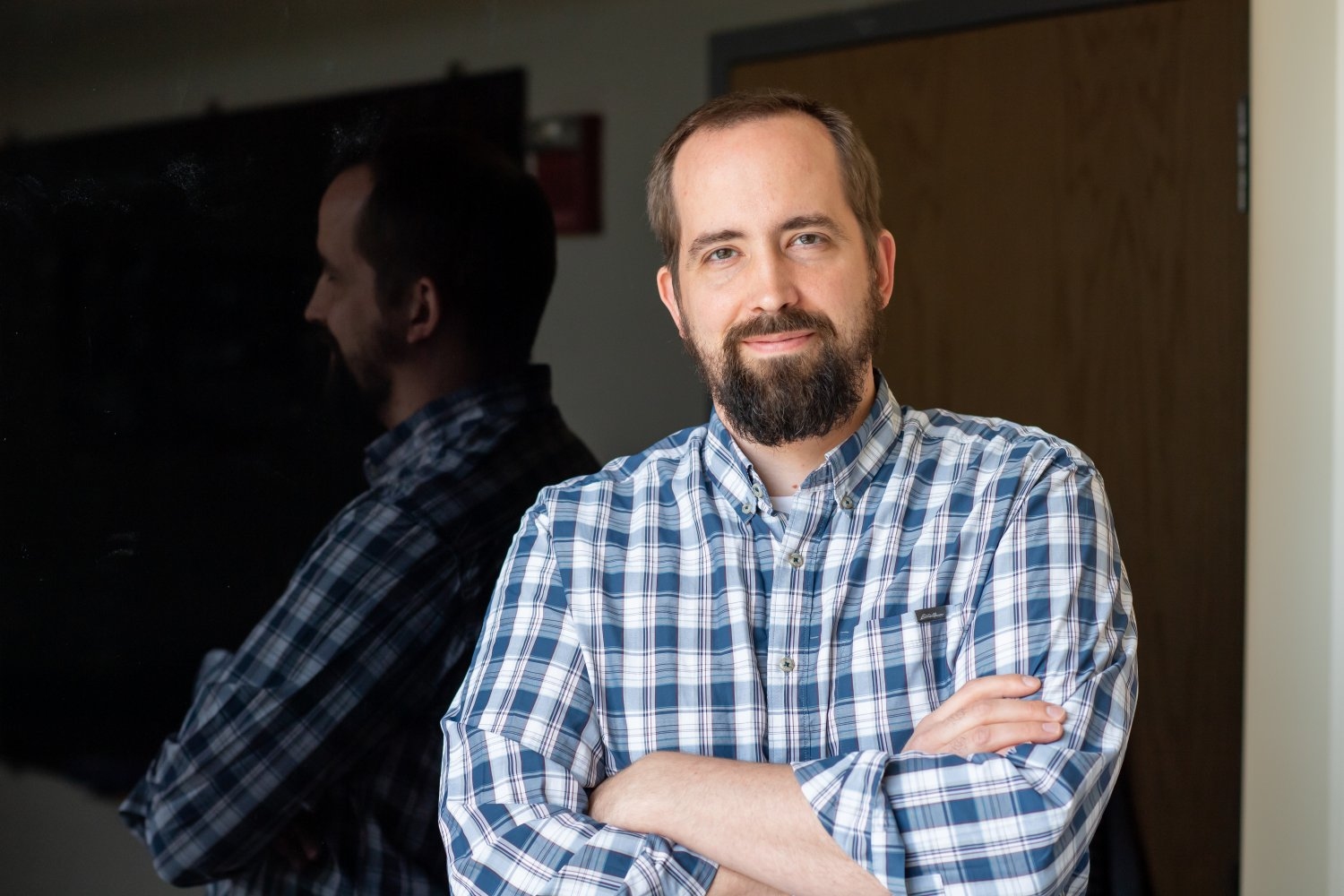
- Report: Sustainability in supply chains is still a firm-level priorityAnalysis from MIT’s Center for Transportation and Logistics finds companies are still acting to reduce emissions, but often lag in measurement techniques.
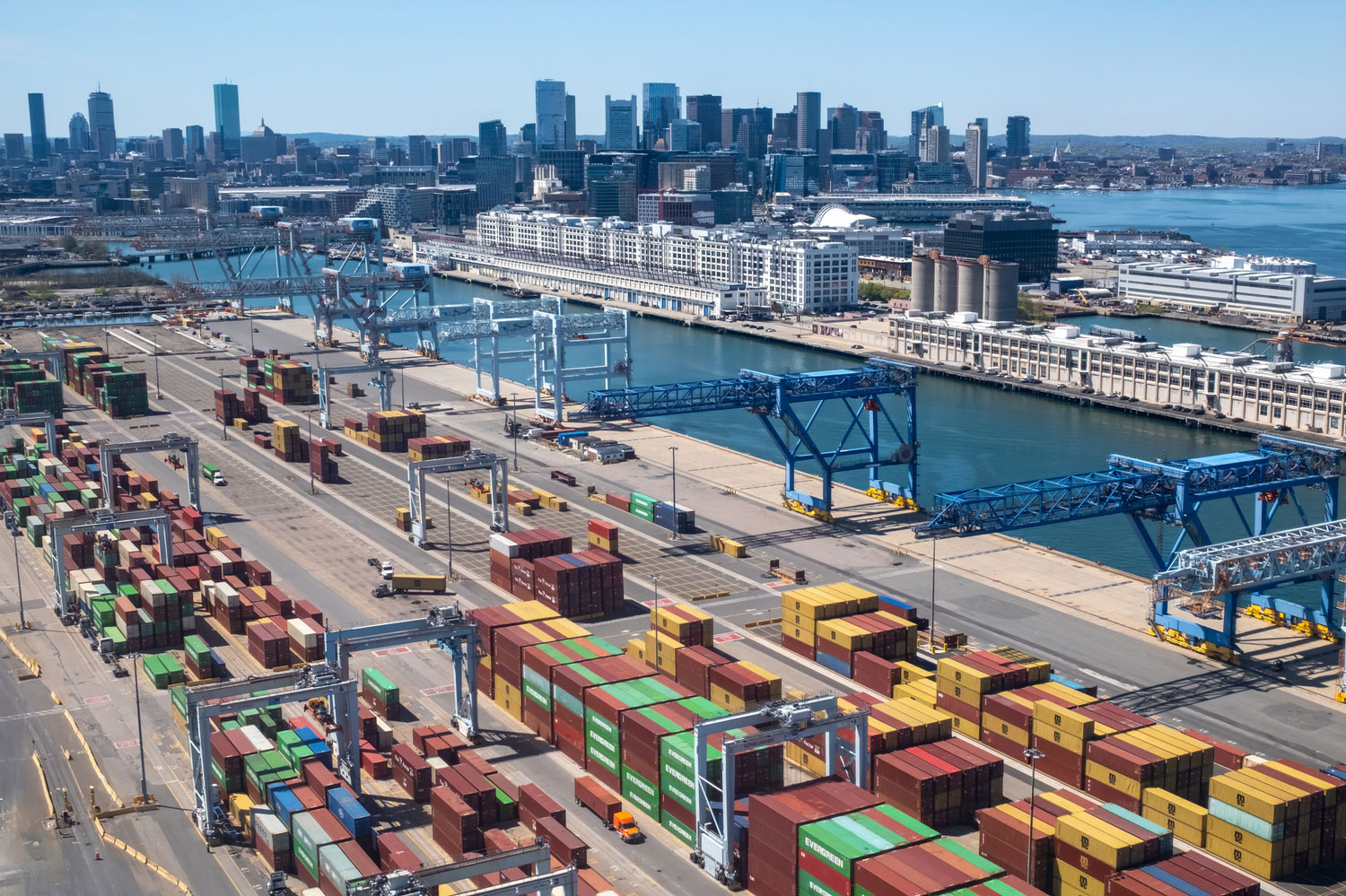
- Chemists create red fluorescent dyes that may enable clearer biomedical imagingThe new dyes are based on boron-containing molecules that were previously too unstable for practical use.
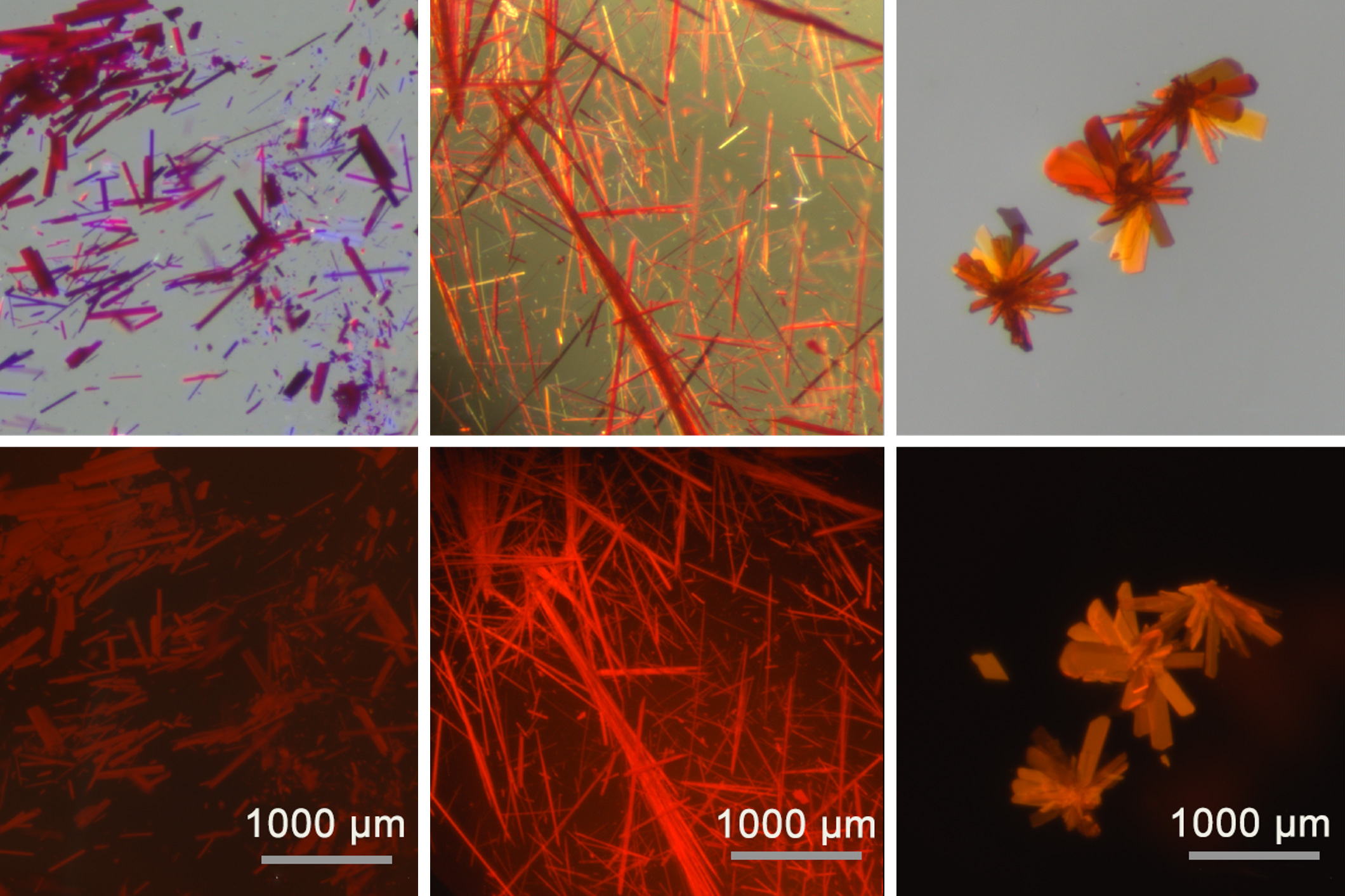
- AI maps how a new antibiotic targets gut bacteriaMIT CSAIL and McMaster researchers used a generative AI model to reveal how a narrow-spectrum antibiotic attacks disease-causing bacteria, speeding up a process that normally takes years.
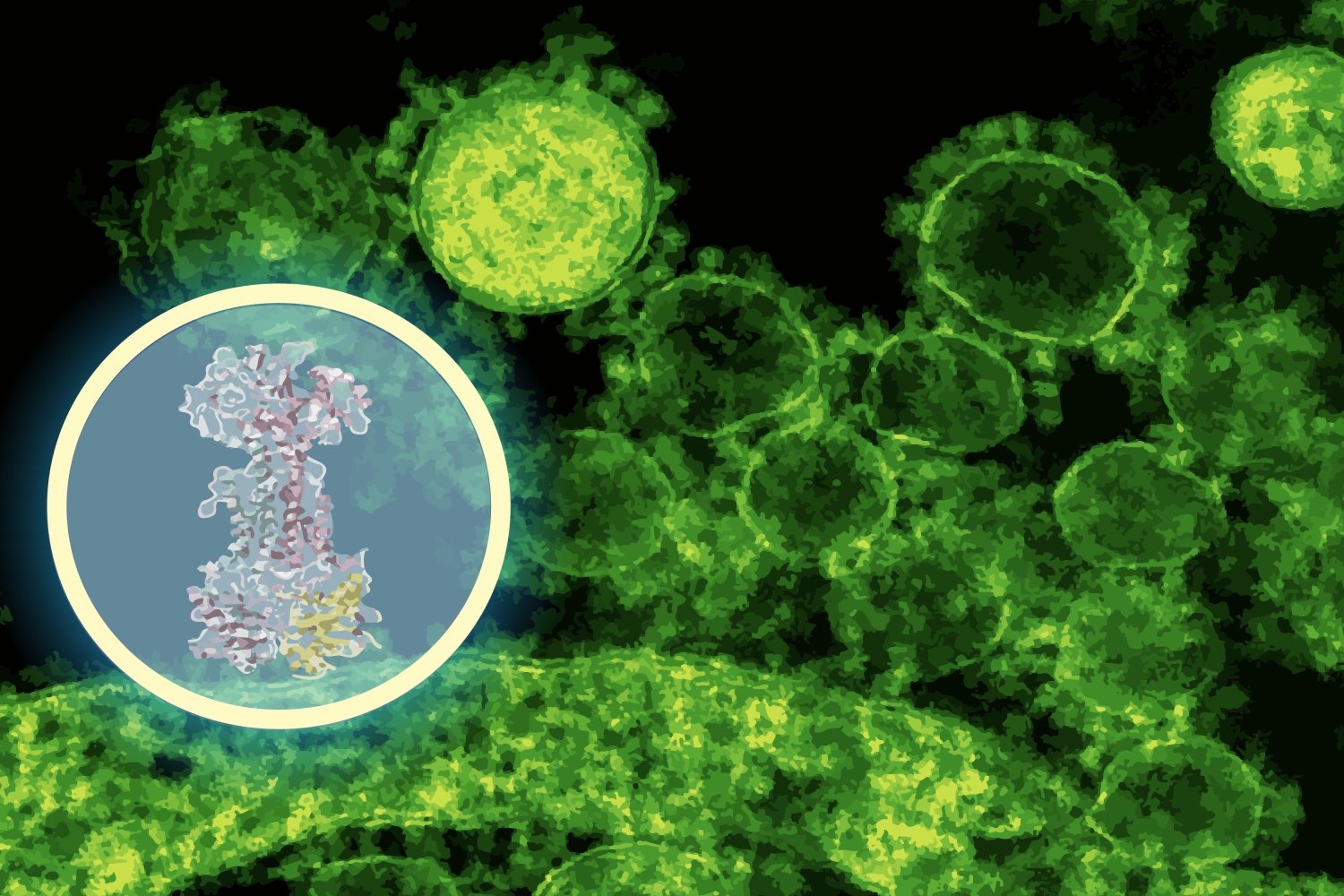
- Secretary of Energy Chris Wright ’85 visits MITPanel discussions focused on innovation in many forms of energy, then a tour of campus featured student research.

- MIT-affiliated physicists win McMillan Award for discovery of exotic electronic stateJiaqi Cai and Zhengguang Lu independently discovered that electrons can become fractions of themselves.
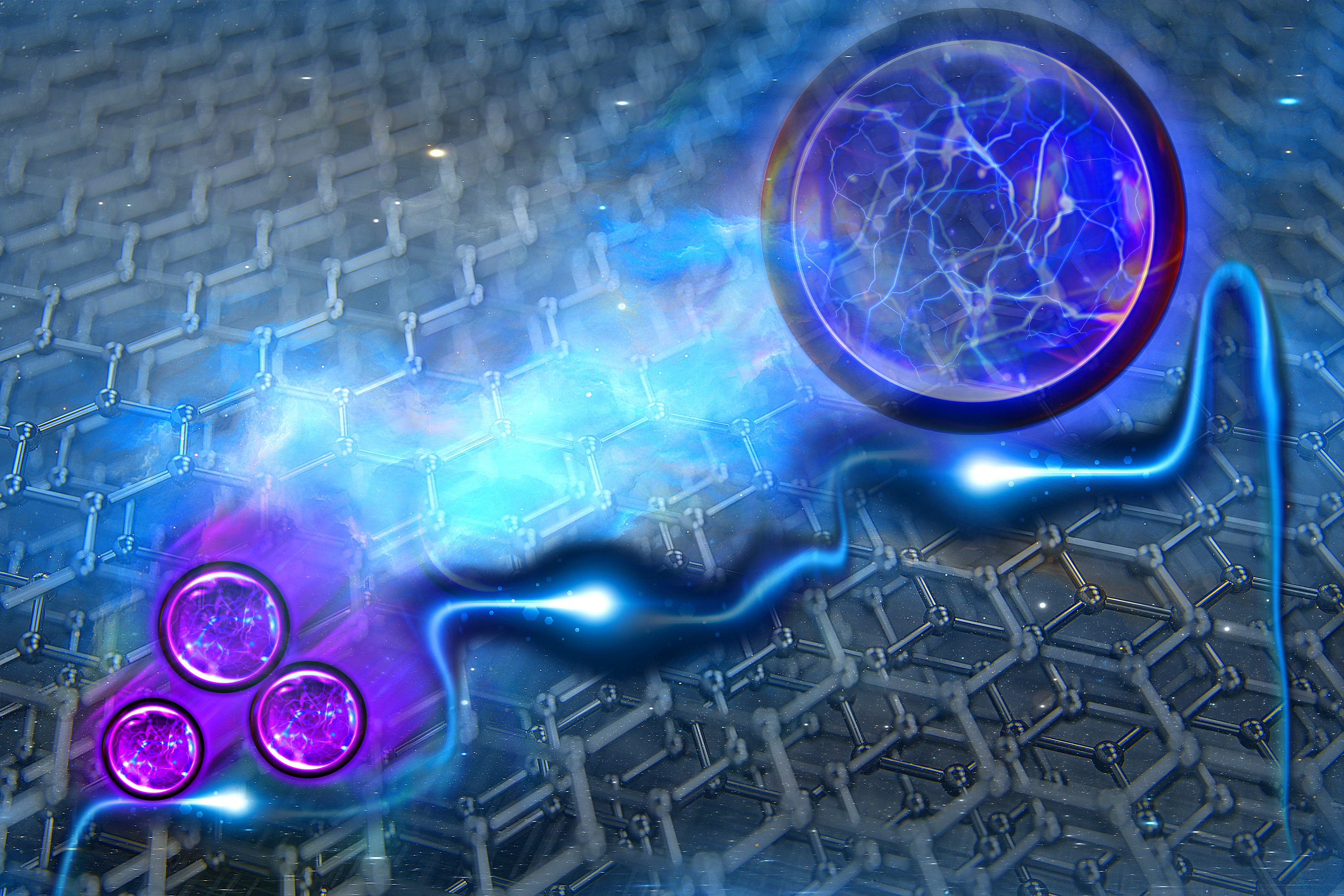
- Martin Trust Center for MIT Entrepreneurship welcomes Ana Bakshi as new executive directorBakshi will help shape and scale entrepreneurship education and platform at MIT.
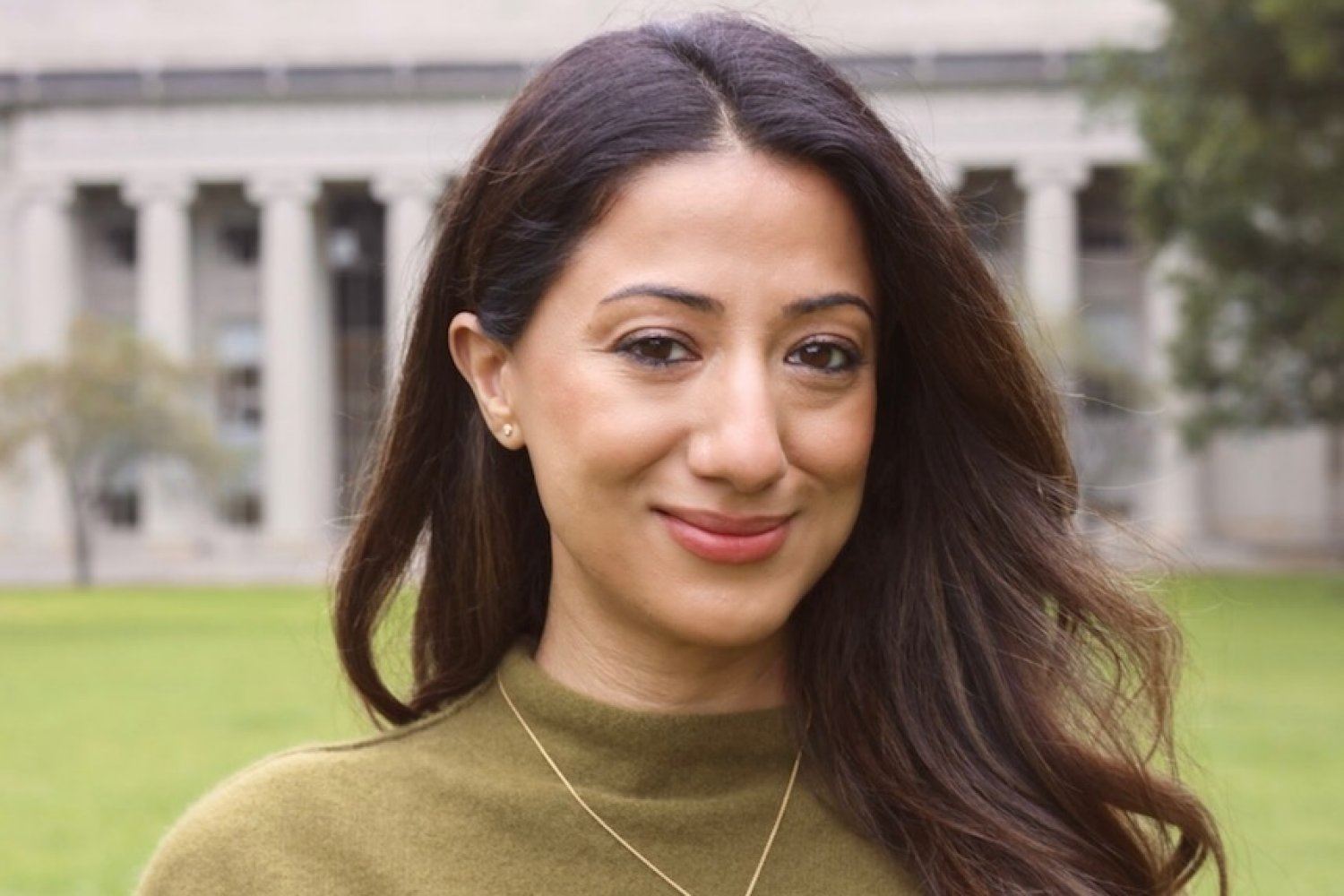
- Lincoln Lab unveils the most powerful AI supercomputer at any US universityOptimized for generative AI, TX-GAIN is driving innovation in biodefense, materials discovery, cybersecurity, and other areas of research and development.
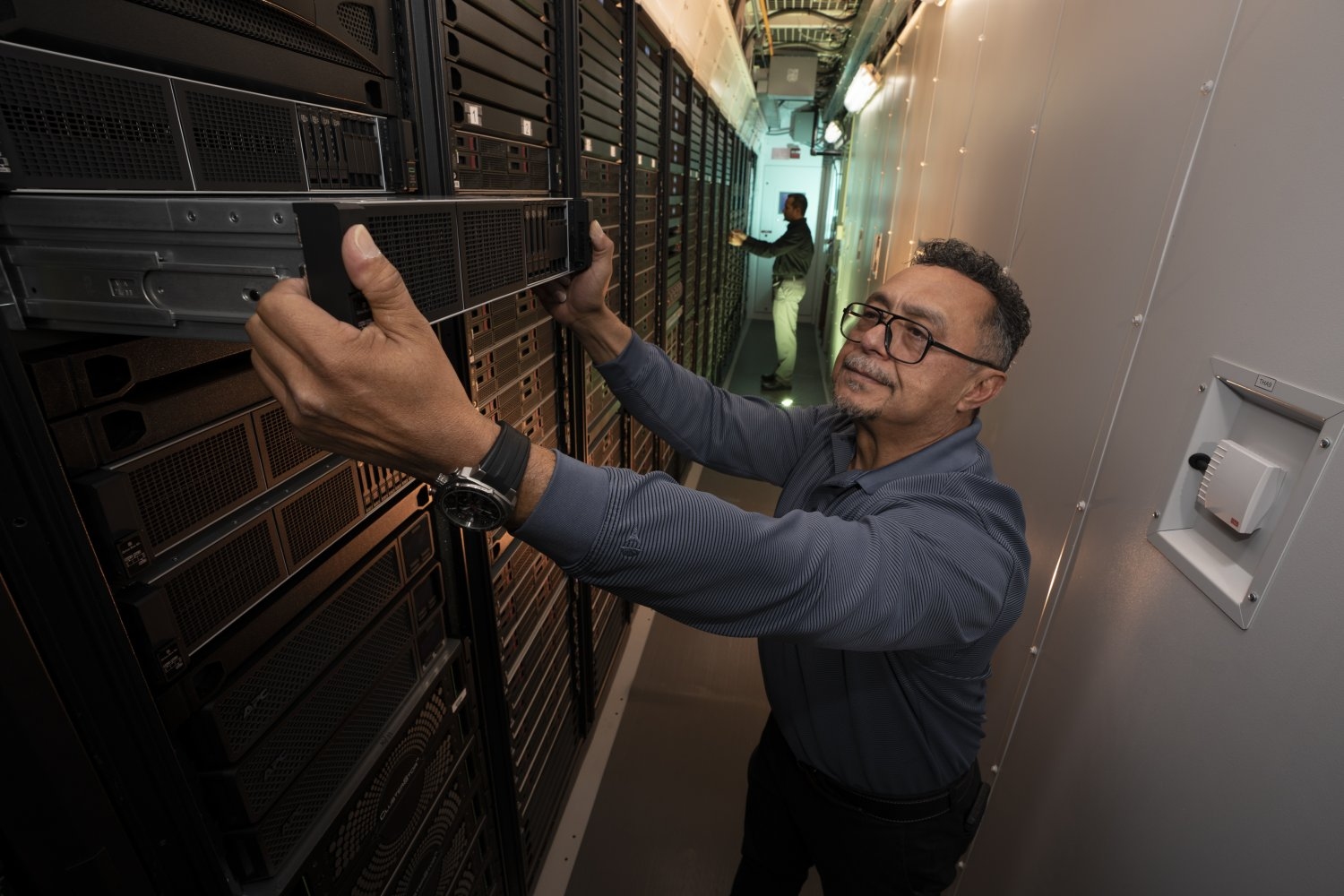
- A simple formula could guide the design of faster-charging, longer-lasting batteriesMIT researchers developed a model that explains lithium intercalation rates in lithium-ion batteries.
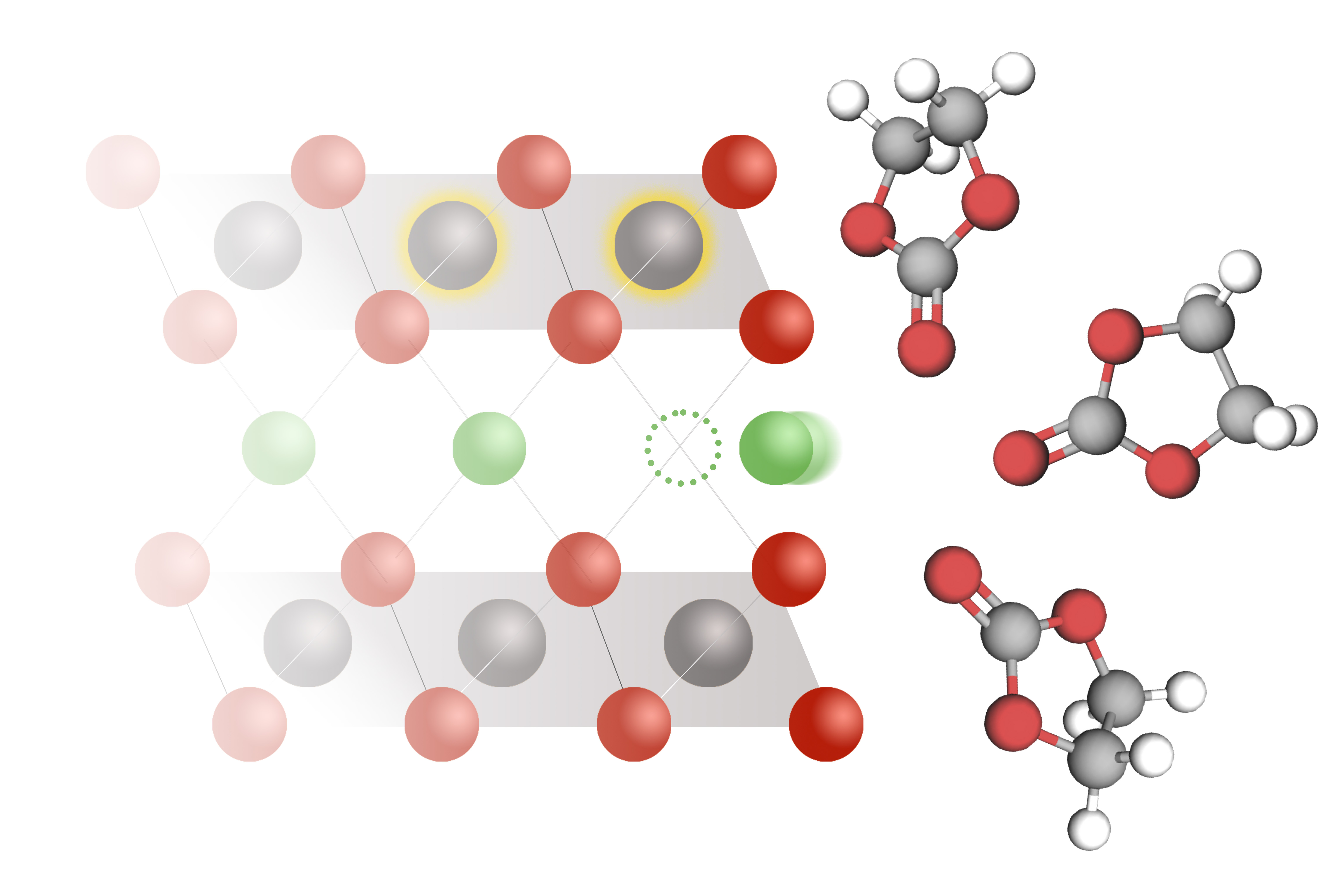
- Accounting for uncertainty to help engineers design complex systemsThe approach could enable autonomous vehicles, commercial aircraft, or transportation networks that are more reliable in the face of real-world unpredictability.
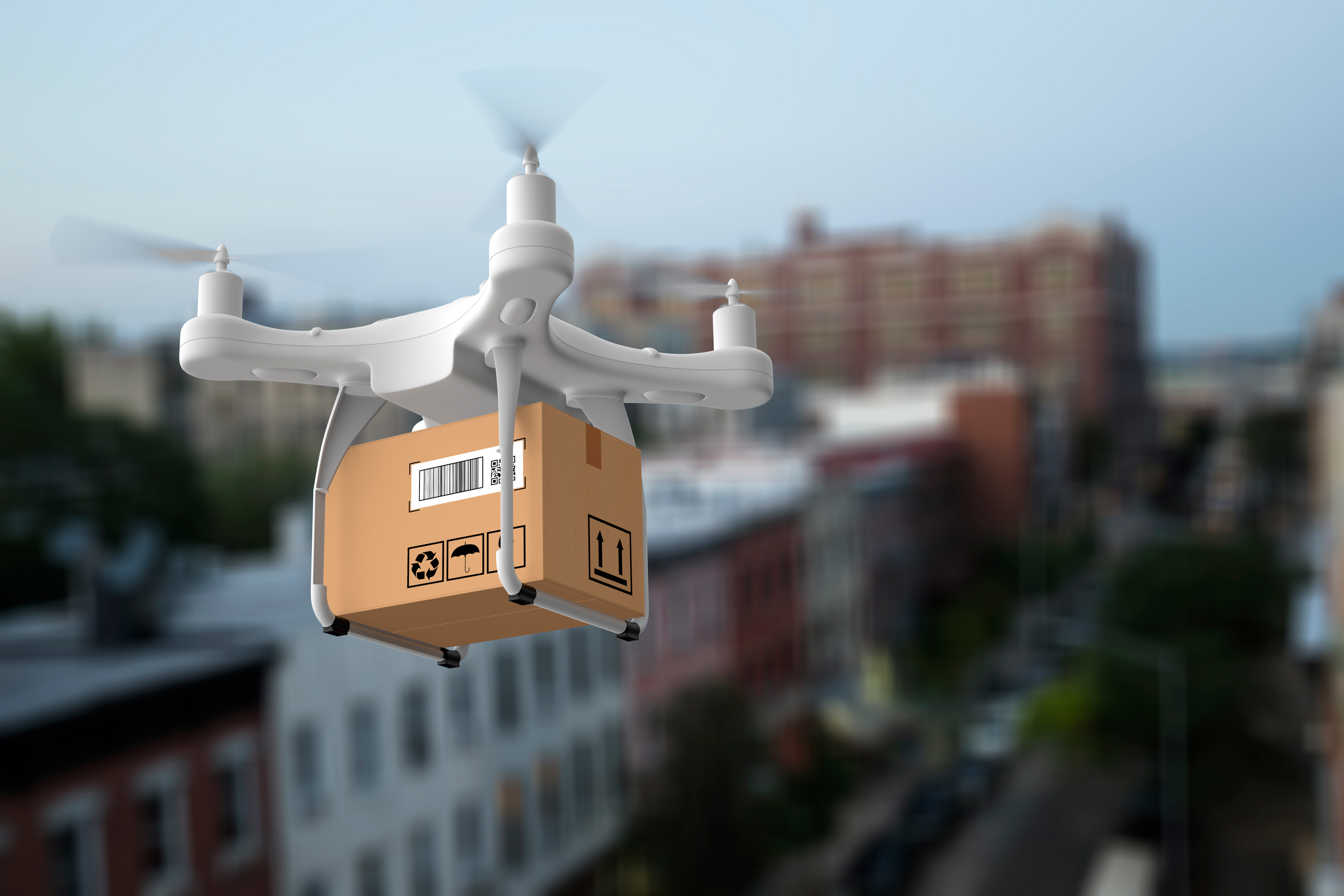
- Palladium filters could enable cheaper, more efficient generation of hydrogen fuelThe novel design allows the membranes to withstand high temperatures when separating hydrogen from gas mixtures.
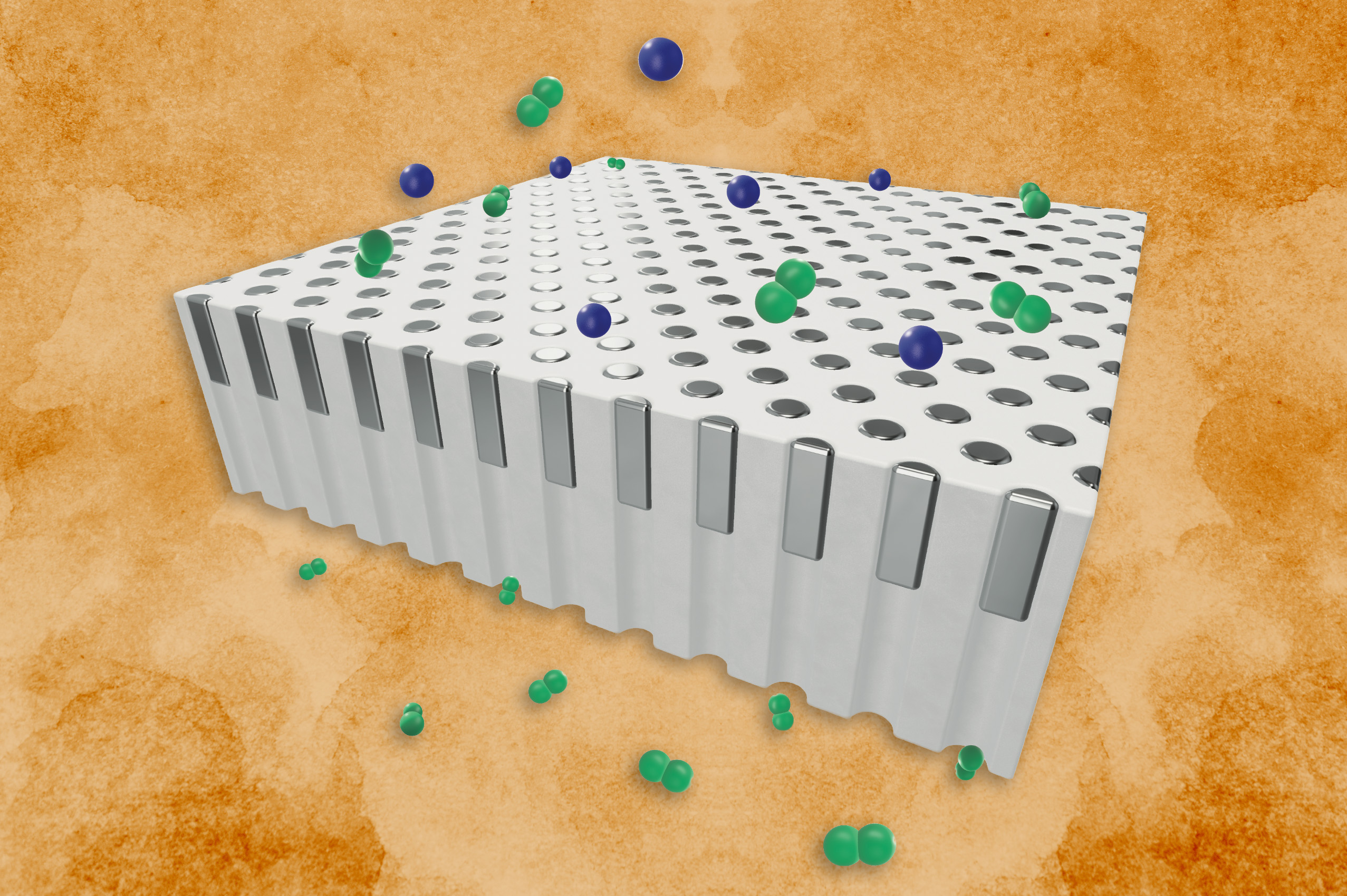
- A cysteine-rich diet may promote regeneration of the intestinal lining, study suggestsThe findings may offer a new way to help heal tissue damage from radiation or chemotherapy treatment.
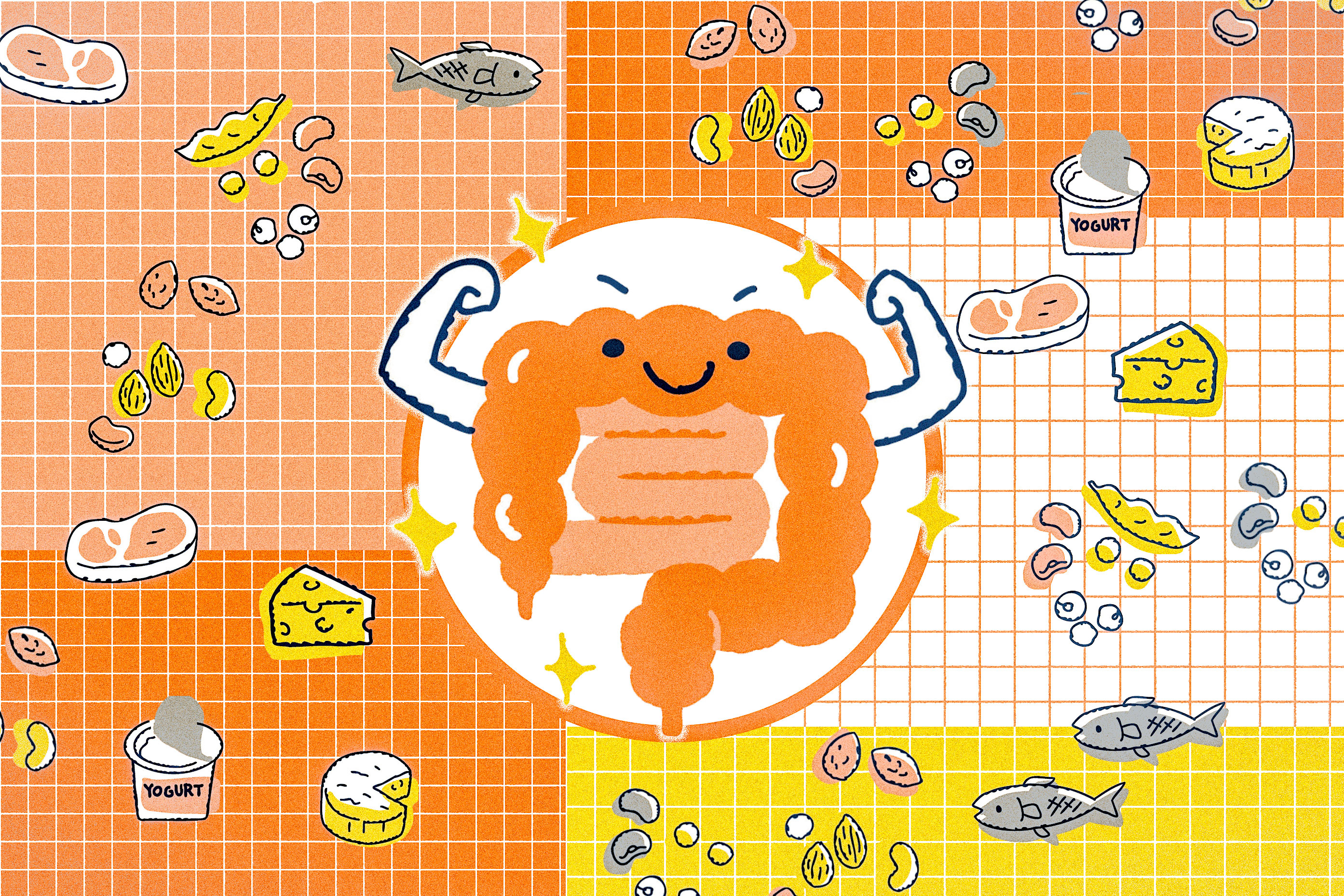
Load more...
Loading...


